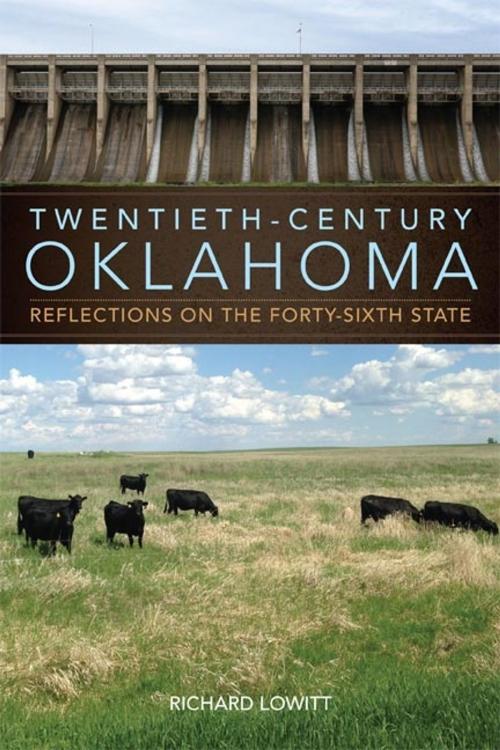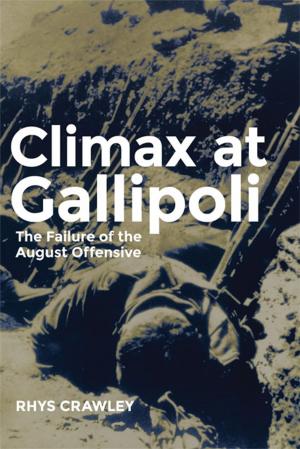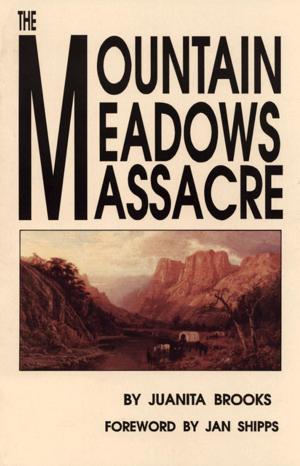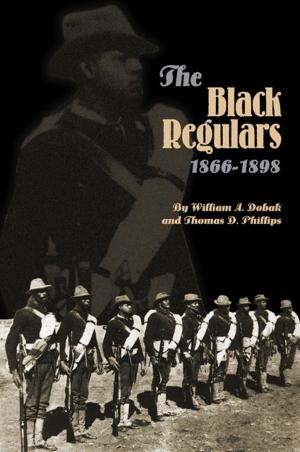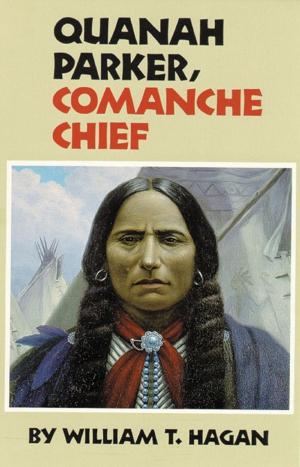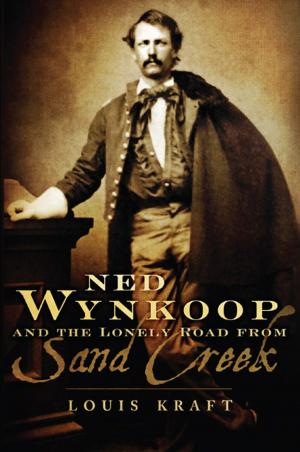Twentieth-Century Oklahoma
Reflections on the Forty-Sixth State
Nonfiction, History, Modern, 20th Century, Americas, United States| Author: | Richard Lowitt | ISBN: | 9780806155241 |
| Publisher: | University of Oklahoma Press | Publication: | February 18, 2016 |
| Imprint: | University of Oklahoma Press | Language: | English |
| Author: | Richard Lowitt |
| ISBN: | 9780806155241 |
| Publisher: | University of Oklahoma Press |
| Publication: | February 18, 2016 |
| Imprint: | University of Oklahoma Press |
| Language: | English |
Few writers have written as thoughtfully and extensively on Oklahoma politics and culture as Richard Lowitt. His work of the past six decades moves with ease among historical topics as various as agriculture, health, industry, labor, and the environment, offering an informed and enlightened perspective. Collected for the first time in one volume, Lowitt’s articles on post–World War II Oklahoma and notable Oklahomans reveal a remarkable range of the state’s political, environmental, agricultural, civil rights, and Native American history in the Cold War era.
Nowhere else, for example, is the controversy stirred up by Congressman Mike Synar recounted so well, and Lowitt’s analysis of the decades-long battle over grazing rights on federal land clarifies the issues surrounding a topic still in the news today. Likewise, Lowitt’s analysis of Oklahoma’s farm crisis in the 1970s and ’80s extends far beyond the state’s borders, illuminating significant and subtle aspects of an artificially engineered agricultural disaster whose consequences are still felt. His probing of the “enigma of Mike Monroney,” U.S. senator from Oklahoma during the McCarthy period, yields valuable insights into the political nature of the politician, the state, and the times. Other articles span decades, from the development of the Grand River Dam Authority (1935–1964) to the damming of the Arkansas River to create Kaw Reservoir (1957–1976) and efforts to improve Indian health in Oklahoma (1954–1980).
Whether discussing environmental and cultural ecology or plumbing the politics of Fort Sill’s entry into the missile age, Lowitt’s articles are broad in scope and unsparing in detail. All based on the author’s research in the Western History Collections at the University of Oklahoma, these essays form an invaluable historical repository, put into clarifying context by one of Oklahoma’s most respected historians.
Few writers have written as thoughtfully and extensively on Oklahoma politics and culture as Richard Lowitt. His work of the past six decades moves with ease among historical topics as various as agriculture, health, industry, labor, and the environment, offering an informed and enlightened perspective. Collected for the first time in one volume, Lowitt’s articles on post–World War II Oklahoma and notable Oklahomans reveal a remarkable range of the state’s political, environmental, agricultural, civil rights, and Native American history in the Cold War era.
Nowhere else, for example, is the controversy stirred up by Congressman Mike Synar recounted so well, and Lowitt’s analysis of the decades-long battle over grazing rights on federal land clarifies the issues surrounding a topic still in the news today. Likewise, Lowitt’s analysis of Oklahoma’s farm crisis in the 1970s and ’80s extends far beyond the state’s borders, illuminating significant and subtle aspects of an artificially engineered agricultural disaster whose consequences are still felt. His probing of the “enigma of Mike Monroney,” U.S. senator from Oklahoma during the McCarthy period, yields valuable insights into the political nature of the politician, the state, and the times. Other articles span decades, from the development of the Grand River Dam Authority (1935–1964) to the damming of the Arkansas River to create Kaw Reservoir (1957–1976) and efforts to improve Indian health in Oklahoma (1954–1980).
Whether discussing environmental and cultural ecology or plumbing the politics of Fort Sill’s entry into the missile age, Lowitt’s articles are broad in scope and unsparing in detail. All based on the author’s research in the Western History Collections at the University of Oklahoma, these essays form an invaluable historical repository, put into clarifying context by one of Oklahoma’s most respected historians.
